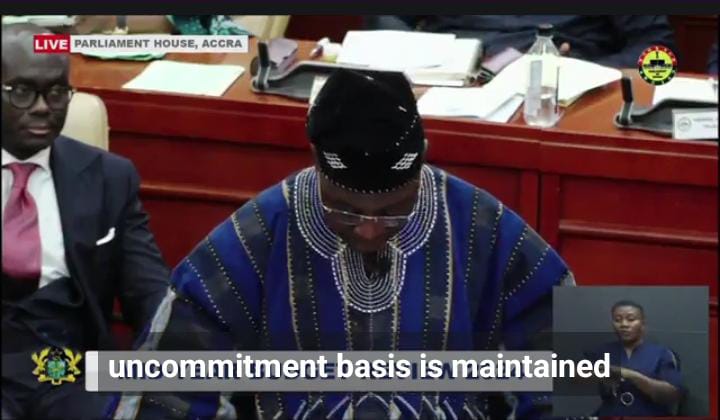adverts
2024 Mid-Year Budget Review: Ghana’s total debt reaches GHC742 billion amid economic pressures, Finance Minister
Ghana’s provisional total debt has reached Ghc742 billion (US$50.9 billion) as of June this year, accounting for 70.6% of the country’s Gross Domestic Product (GDP), Finance Minister Dr. Mohammed Amin Adam announced during the 2024 mid-year budget review presentation to Parliament on Tuesday.
“This indicates an increase of 22.0 percent due to the effect of the cedi depreciation and continuous disbursements from creditors,” Dr. Adam stated, highlighting the significant factors contributing to the debt surge.
Breaking down the figures, Dr. Adam explained that the debt stock consists of GHc452 billion in external debt and GHC90 billion in domestic debt. External debt makes up 60.9% of the total debt stock, while domestic debt accounts for the remaining 39.1%.
adverts
“As a percentage of GDP, external and domestic debt represented 43.0 percent and 27.6 percent, respectively,” Dr. Adam elaborated, underscoring the substantial impact of both internal and external borrowing on the nation’s economy.
The Finance Minister’s disclosure comes at a critical time as the government continues to navigate economic challenges and implement measures to stabilise the economy. The significant rise in debt is attributed to the depreciation of the Ghanaian cedi and ongoing disbursements from international creditors.
Despite the daunting debt figures, Dr. Adam reassured that the government remains committed to fiscal discipline and prudent financial management to steer the country towards economic stability and growth.
This latest debt update is part of a broader economic context discussed during the mid-year budget review, which also included highlights on social investments, economic growth, and fiscal policies aimed at ensuring a resilient economy for Ghana.


